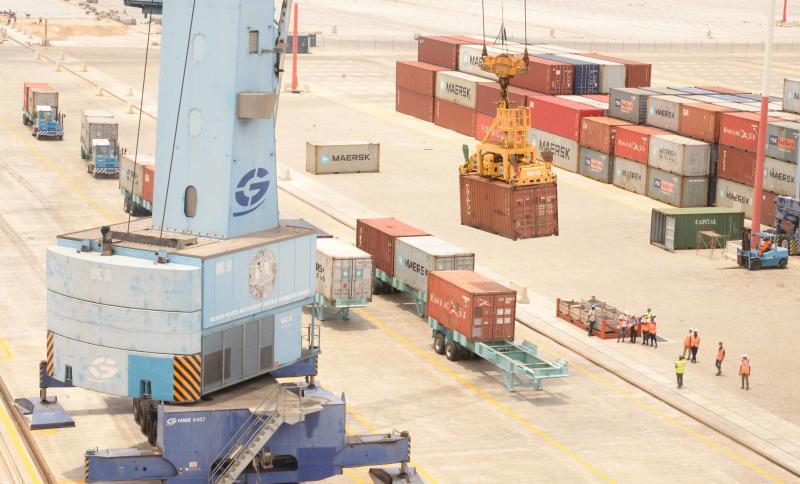×
The Standard e-Paper
Join Thousands Daily

Cargo clearance operations in progress at the Lamu Port. [Maarufu Mohamed, Standard].
A few companies that have the corporate and financial muscle to convince customs bodies of their ability to develop strong logistical systems are able to get favours when clearing their goods, disgruntled businesses in the import-export sector say.